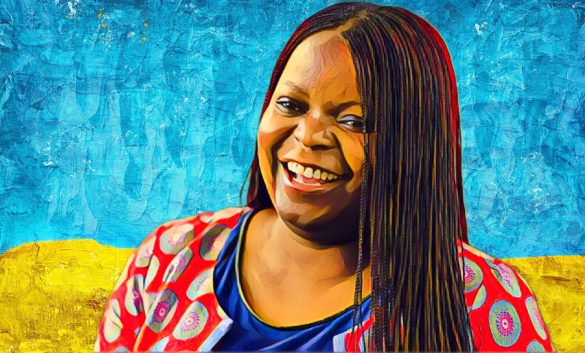After years of contentious legal disputes, Petina Gappah, a well-known lawyer and author, has formally retracted defamatory statements made against Fadzayi Mahere, a prominent advocate and civil society activist. This significant development comes as Gappah issued a comprehensive public apology and vowed to make a charitable donation in Mahere’s name, signaling a move toward reconciliation.
Background of the Dispute
The legal battle stemmed from accusations Gappah made in 2018, claiming that Mahere had gained admission to the University of Zimbabwe in 2004 through her father’s influence rather than on merit. Additionally, Gappah alleged that she had assisted Mahere in securing a place at Cambridge by editing her application essay in 2009. These serious allegations, which Gappah disseminated through social media and later reiterated in legal pleadings, prompted Mahere to file a US$1 million lawsuit for defamation.
After several failed attempts to block the trial, Gappah has decided to fully withdraw her allegations and issue an apology, aiming to put an end to the ongoing legal confrontation. In a statement released to the public, Gappah expressed remorse for the harm her statements may have caused. She stated, “In order to bring a conclusive end to the legal action, I hereby fully and unequivocally retract all the statements that I made about her, both on Twitter and in subsequent legal pleadings, and tender a full, public, and unreserved apology to Advocate Mahere.”
Gappah’s Commitment to Restoration
In addition to her retraction and apology, Gappah has committed to making a donation to a charity of Mahere’s choice. This act not only serves as a demonstration of her sincerity but also as a step towards mending the rift her comments created. Throughout the legal proceedings, Gappah maintained that she was prepared to defend her statements and had witnesses to support her claims. However, her recent actions reflect a change in strategy, focusing now on reconciliation and healing.
This case highlights the delicate nature of public statements made by individuals in influential positions and the potential repercussions these can have. It serves as a reminder of the responsibilities that come with public discourse, especially when such discourse can have significant personal and professional implications for those involved.
As this legal saga concludes, the focus shifts to the lessons learned about accountability, the impact of words, and the processes of legal and personal reconciliation. The legal community and the public alike may find valuable insights in this case regarding the boundaries of free speech and the importance of thoughtful communication.
Source: New Zimbabwe


